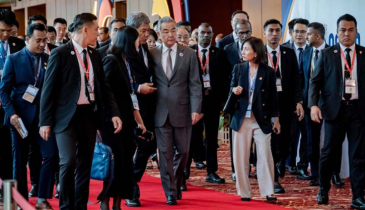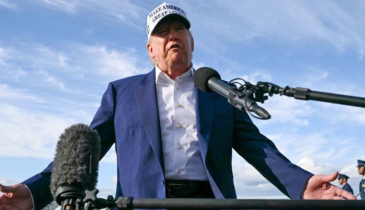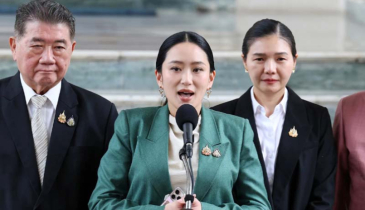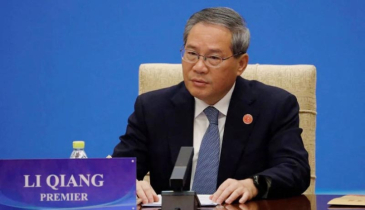Trump slaps 30% tariffs on all goods from EU and Mexico
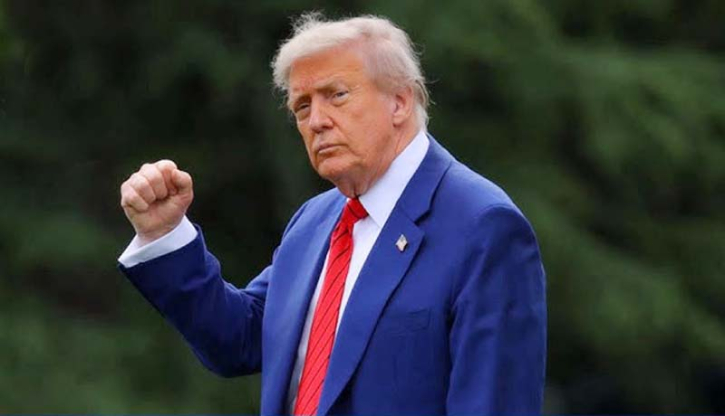
President Donald Trump announced on Saturday, that the United States will implement a 30% tariff on all goods imported from the European Union (EU) and Mexico, effective August 1.
This significant move, revealed through separate letters posted on Truth Social to European Commission President Ursula von der Leyen and Mexican President Claudia Sheinbaum, signals a dramatic escalation in global trade relations.
Trump's decision to unilaterally impose such substantial tariffs comes with a stark warning: any retaliatory tariffs from the EU or Mexico will be met with an additional increase to the initial 30% US levy. This aggressive stance underscores a determination to assert American economic interests and reshape existing trade dynamics.
In his communication with President Sheinbaum, Trump acknowledged Mexico's efforts in addressing undocumented migration and fentanyl trafficking. However, he also strongly criticized the country for what he perceives as insufficient action to prevent North America from becoming a "Narco-Trafficking Playground." This suggests a link between trade policy and broader concerns about border security and illicit activities.
Regarding the EU, Trump's letter to EU President von der Leyen highlighted long-standing grievances concerning the "large and persistent, Trade Deficits" that he attributes to the EU's "Tariff, and Non-Tariff, Policies, and Trade Barriers." He asserted that the trade relationship has been "far from Reciprocal," indicating a belief that the U.S. has been at a disadvantage. This rhetoric aligns with Trump's past "America First" approach to trade, emphasizing the need for what he views as fairer and more balanced economic partnerships.
This announcement immediately jeopardizes ongoing trade negotiations between the US and the EU. The EU had reportedly been pushing to finalize a comprehensive trade deal this month, a prospect that now appears highly uncertain. The imposition of these tariffs could lead to a trade war, where countries impose increasing tariffs on each other's goods, potentially disrupting global supply chains, increasing consumer costs, and slowing economic growth.
This latest action follows a series of other tariff announcements by Trump earlier in the week, which included new levies on goods from Japan, South Korea, Canada, and Brazil, along with a 50% tariff on copper imports.
.png)


